Summaries of books about Politics & Social Sciences:
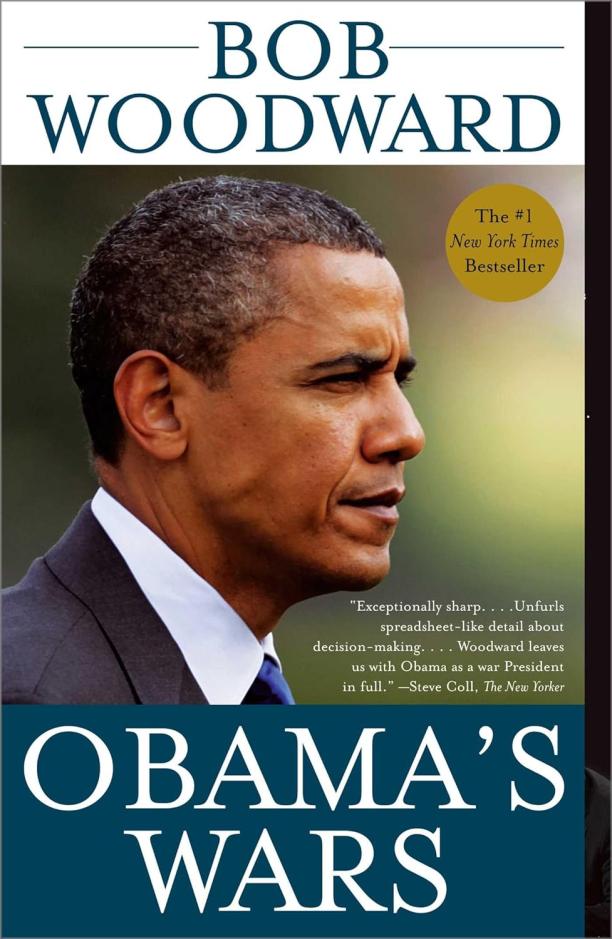
Obama's Wars
Bob Woodward
The book delves into the internal debates and decision-making processes of the Obama administration regarding the Afghanistan War and the global fight against terrorism. It provides detailed accounts of the conflicts between the White House, the Pentagon, and intelligence agencies, as well as President Obama's efforts to craft a strategy that balanced military, diplomatic, and political considerations.
See full summary

The Serpent and the Rainbow
Wade Davis
The book explores the author's experiences in Haiti investigating the process of "zombification," delving into the intersection of Vodou, culture, and the use of a psychoactive compound by Bokors (Vodou priests). It presents a blend of ethnobotany, anthropology, and personal narrative to demystify the concept of zombies and examine the social and political underpinnings of Haitian culture.
See full summary

Happy Fat
Taking Up Space in a World That Wants to Shrink You
Sofie Hagen
The book is a personal account and a manifesto that challenges societal norms about body image, advocating for body positivity and self-acceptance. It combines humor, personal stories, and political insight to confront fatphobia and promote the idea that happiness and health are not tied to size.
See full summary

Invisible Storm
A Soldier's Memoir of Politics and PTSD
Jason Kander
The memoir recounts the personal journey of a former Army Captain and rising political star as he confronts his battle with post-traumatic stress disorder after serving in Afghanistan. It delves into the challenges of mental health in the context of military service and politics, highlighting the often-hidden struggles faced by veterans.
See full summary
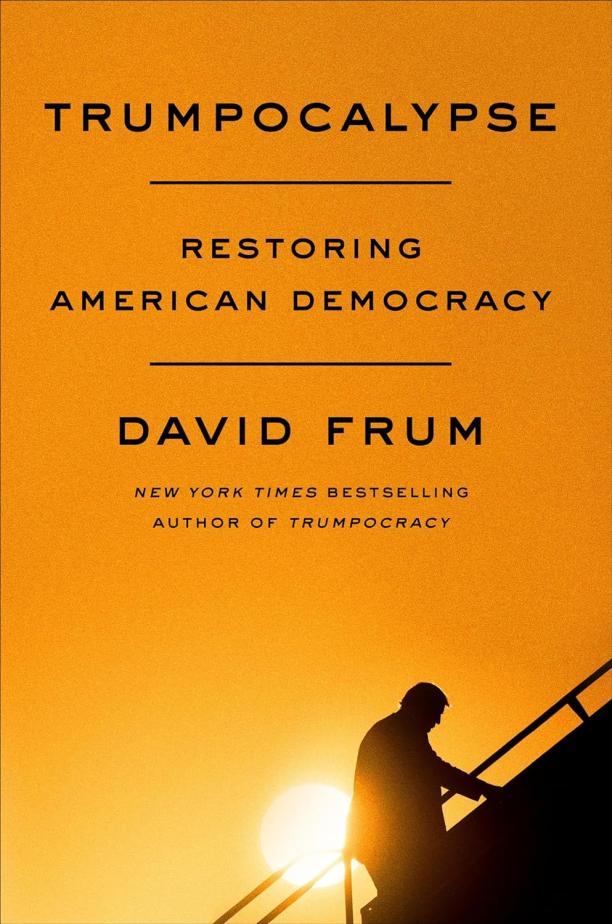
Trumpocalypse
Restoring American Democracy
David Frum
The book presents a critical analysis of Donald Trump's presidency, examining its impact on American institutions and global politics. It also offers a roadmap for reform and recovery, advocating for a restoration of democratic norms and values in the post-Trump era.
See full summary
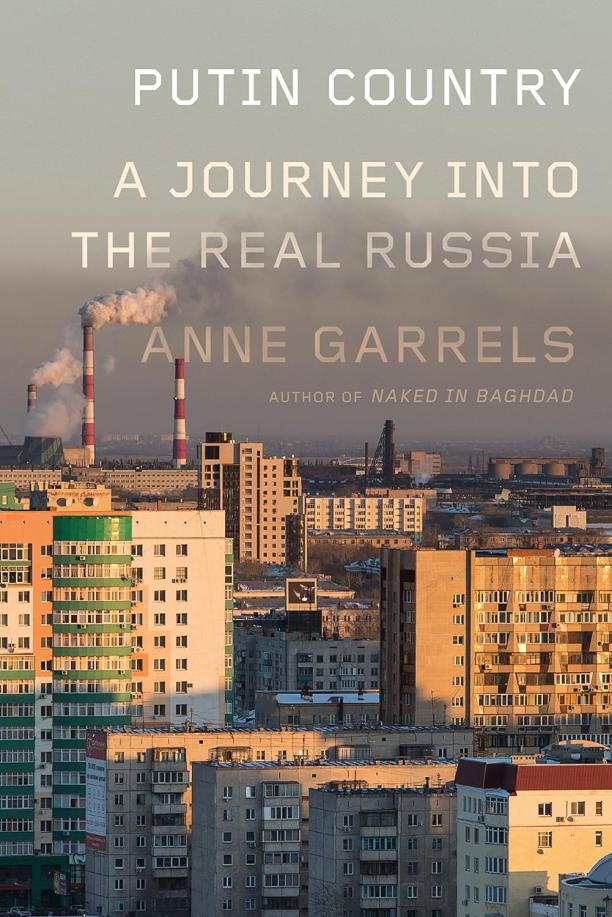
Putin Country
A Journey into the Real Russia
Anne Garrels
The book offers an in-depth look at the lives of residents in Chelyabinsk, a typical Russian city, providing personal stories that illustrate the complexities of life under Putin's regime. It explores the transformation of Russian society, economy, and politics over two decades, revealing the nuanced relationship between the people and their government.
See full summary
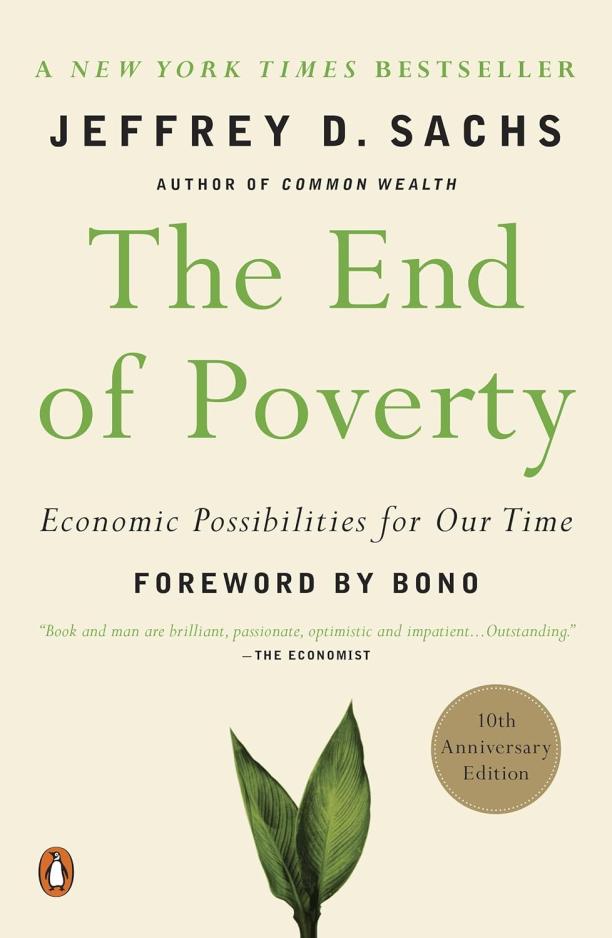
The End of Poverty
Economic Possibilities for Our Time
Jeffrey D. Sachs
The book argues that extreme poverty can be eradicated globally through targeted investments in health, education, agriculture, and infrastructure, guided by a comprehensive development strategy. It emphasizes the role of rich countries in providing aid and support to poorer nations to help them overcome the challenges of geography, disease, and governmental failures.
See full summary
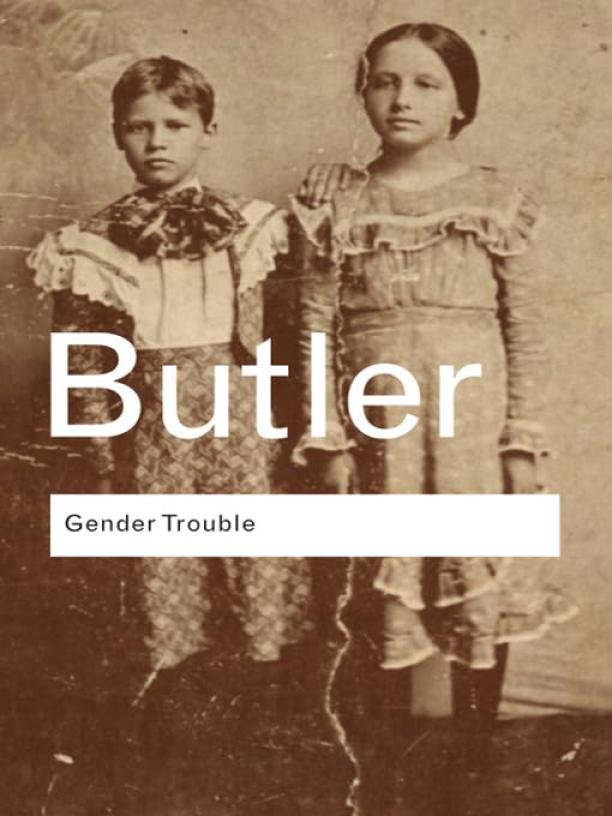
Gender Trouble
Feminism and the Subversion of Identity
Judith Butler
The book challenges traditional notions of gender, arguing that it is not a fixed biological or natural reality but rather a social construct influenced by performative acts. It explores the ways in which identity is formed through the repetition of gendered behaviors, suggesting that subverting these norms can lead to greater gender freedom and fluidity.
See full summary
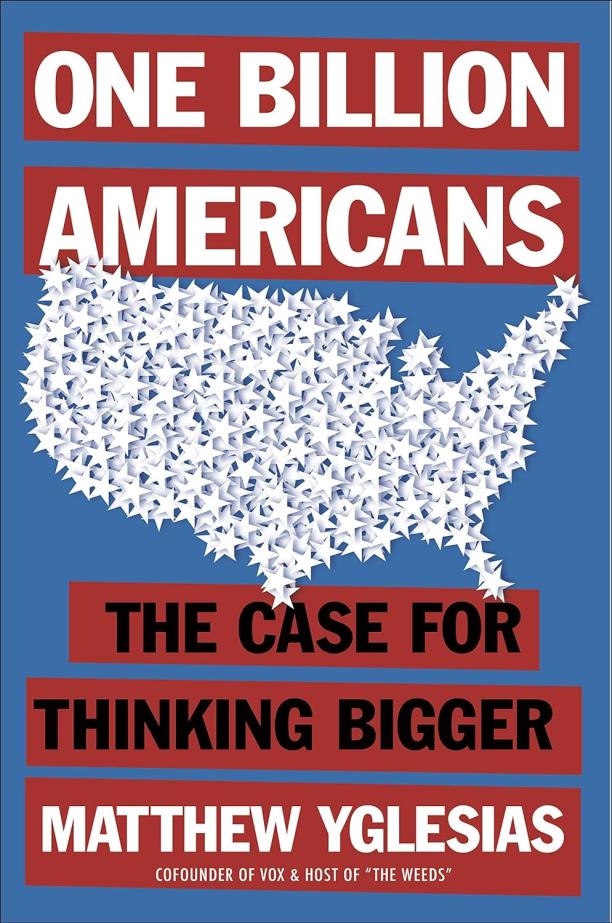
One Billion Americans
The Case for Thinking Bigger
Matthew Yglesias
The book presents an argument for drastically increasing the population of the United States through immigration and pro-natalist policies to ensure its global dominance and economic vitality. It explores the potential benefits of a larger workforce, the challenges of urban housing and infrastructure, and the necessity of policy changes to support a more populous nation.
See full summary
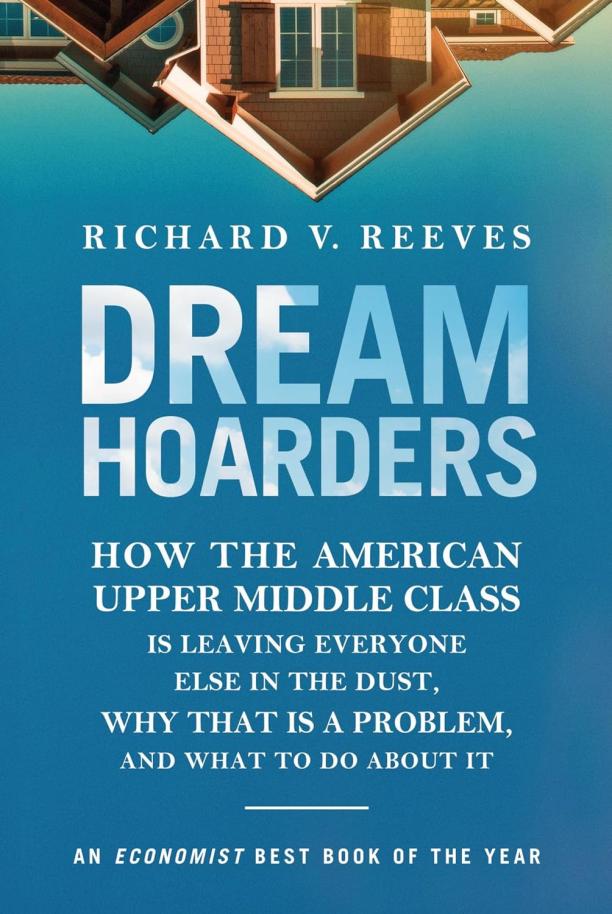
Dream Hoarders
How the American Upper Middle Class Is Leaving Everyone Else in the Dust, Why That Is a Problem, and What to Do About It
Richard V. Reeves
The book argues that the top 20% of Americans—those often considered the upper middle class—are consolidating wealth and opportunities, exacerbating inequality and hindering social mobility. It suggests policy changes to address these issues, such as reforming zoning laws, fixing the education system, and altering tax policies to create a more equitable society.
See full summary